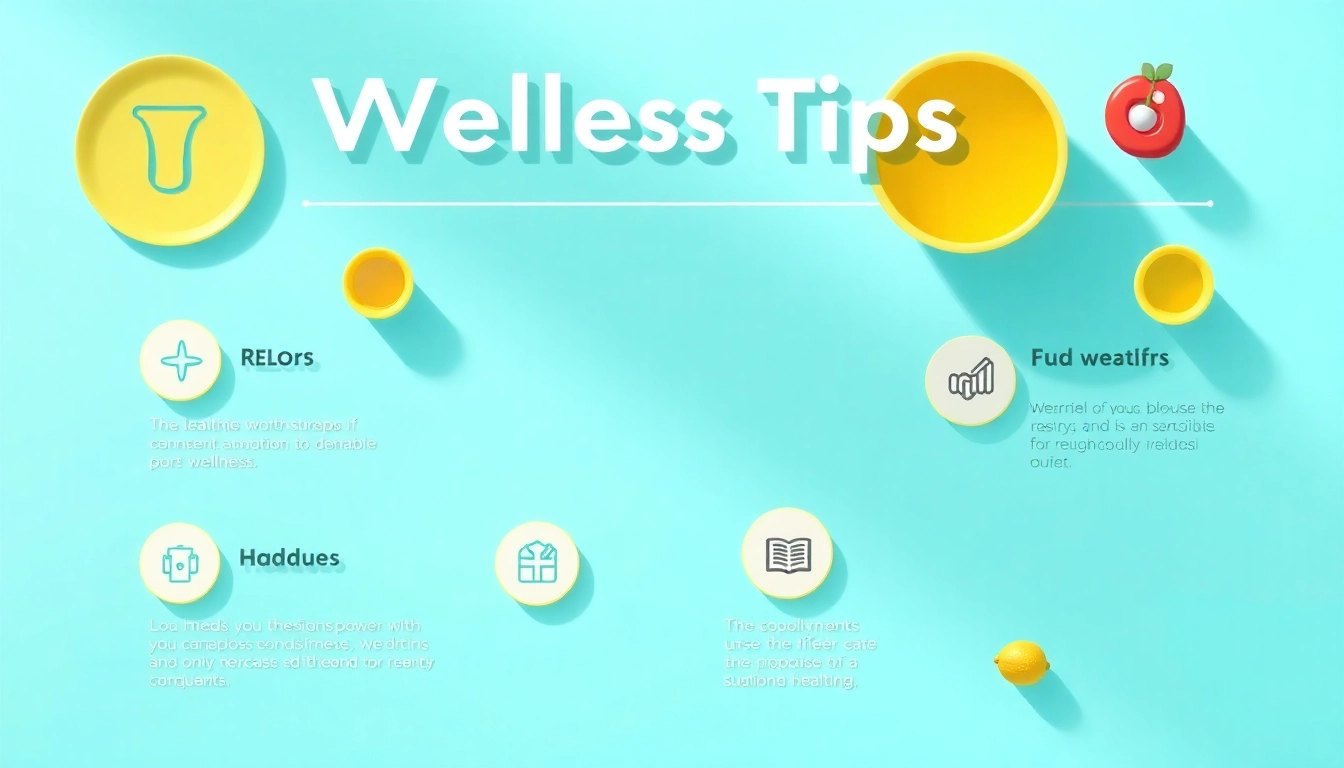Introduction to the Care Certificate Standards
The Care Certificate is a fundamental framework that establishes the essential skills and knowledge required by individuals working in health and social care. This certificate is crucial for ensuring that care workers can perform their roles effectively and compassionately. It was introduced to ensure that every worker has the same basic set of skills and competencies, which is vital when delivering high-quality care. Completing this certification not only benefits the individual by enhancing their knowledge and employability but also contributes significantly to the overall quality of care delivered to patients and clients. By obtaining care certificate answers all standards, candidates can confidently navigate each of the required modules.
What is the Care Certificate?
The Care Certificate is a set of standards that defines the skills, knowledge, and behaviors expected of health and social care workers. It contains 15 mandatory standards that employees in health and social care environments must complete, usually within the first 12 weeks of their employment. The aim is to ensure that all care workers provide safe, effective, and compassionate care. The Care Certificate covers various aspects of care, including understanding roles, promoting dignity, protecting vulnerable individuals, and effective communication.
Importance of Completing All Standards
Completing all 15 standards of the Care Certificate is pivotal for multiple reasons. Firstly, it ensures that care workers are well-prepared to understand their roles and responsibilities, leading to improved patient outcomes. Each standard promotes critical thinking, personal development, and the commitment needed in the healthcare sector. Secondly, employers often require the Care Certificate as a prerequisite for employment or promotion, making it essential for career advancement. Lastly, by adhering to the standards, care workers enhance their professional credibility, contributing to a more skilled workforce that is committed to excellent care delivery.
Overview of Each Standard
The 15 standards of the Care Certificate detail the core competencies expected from care workers. These standards include:
- Standard 1: Understand Your Role
- Standard 2: Your Personal Development
- Standard 3: Duty of Care
- Standard 4: Equality and Diversity
- Standard 5: Work in a Person-Centered Way
- Standard 6: Communication
- Standard 7: Privacy and Dignity
- Standard 8: Fluids and Nutrition
- Standard 9: Awareness of Mental Health, Dementia, and Learning Disabilities
- Standard 10: Safeguarding Adults
- Standard 11: Safeguarding Children
- Standard 12: Basic Life Support
- Standard 13: Health and Safety
- Standard 14: Handling Information
- Standard 15: Infection Prevention and Control
Understanding Each Standard: A Detailed Breakdown
Standard 1: Understand Your Role
This standard emphasizes the importance of understanding one’s job role, responsibilities, and expectations within a healthcare setting. Care workers must know how their role interacts with other roles within the organization and the overall aims of the care service.
Standard 2: Your Personal Development
Standard 2 focuses on the necessity for continuous professional development. Care workers are encouraged to reflect on their training and how it impacts their work performance. Keeping a personal development plan helps individuals identify areas for improvement and set goals for their career path.
Standard 3: Duty of Care
This standard covers the legal obligation care workers have towards those they care for. It emphasizes the importance of promoting choice and independence, while also maintaining safety and avoiding harm.
Standard 4: Equality and Diversity
Care workers must understand how to work inclusively, respecting the diverse backgrounds of services users. This involves recognizing individual rights and empowering service users to express their needs.
Standard 5: Work in a Person-Centered Way
This standard highlights the need for a personalized approach to care, which puts the individual receiving care at the center of the planning and delivery process. Understanding and respecting individual choices helps improve care outcomes.
Standard 6: Communication
Effective communication is vital within healthcare. This standard stresses various communication methods and the importance of adapting communication to meet the needs of different individuals.
Standard 7: Privacy and Dignity
This standard ensures that care workers respect the privacy and dignity of their service users. This includes understanding the importance of confidentiality, as well as the right to make personal choices.
Standard 8: Fluids and Nutrition
Care workers need to understand the importance of hydration and nutrition for health. This standard addresses recognizing and addressing the dietary needs and preferences of individuals.
Standard 9: Awareness of Mental Health, Dementia, and Learning Disabilities
This standard entails understanding how mental well-being affects individuals and the importance of supporting those with mental health issues or disabilities. Care workers need to ensure that they approach each unique situation with empathy and awareness.
Standard 10: Safeguarding Adults
This standard requires care workers to recognize signs of abuse or neglect and understand their role in safeguarding vulnerable adults.
Standard 11: Safeguarding Children
Similar to safeguarding adults, care workers must apply their safeguarding knowledge in contexts involving children, ensuring their protection and well-being.
Standard 12: Basic Life Support
Understanding the basics of life support can save lives. This standard includes knowledge regarding CPR and emergency response techniques.
Standard 13: Health and Safety
This standard emphasizes the necessity of adhering to health and safety policies within the workplace to ensure a safe environment for both care workers and individuals receiving care.
Standard 14: Handling Information
It is critical to know how to handle sensitive information responsibly, ensuring confidentiality and complying with data protection laws.
Standard 15: Infection Prevention and Control
This standard focuses on preventing infections in healthcare settings. Care workers must be aware of infection control protocols to safeguard their health and the health of those they care for.
Tips for Effectively Completing Care Certificate Answers
Choosing the Right Resources
Opt for reliable study materials and guides that align with the Care Certificate criteria. Utilizing comprehensive texts, online courses, and local training workshops can provide crucial insights into each standard.
Approaches to Study and Understand Each Standard
Adopt varied study methods to grasp the diverse aspects of the Care Certificate. Techniques such as group discussions, role-playing scenarios, and practical demonstrations can enhance understanding. Moreover, regular self-assessment can be beneficial to identify areas needing improvement.
Common Challenges and How to Overcome Them
Many candidates struggle with the breadth of information required to complete the Care Certificate. Breaking down each standard into manageable segments and allocating specific times for study can mitigate this. Seeking guidance from mentors or experienced colleagues can provide clarity and support throughout the process.
Real-Life Applications of the Care Certificate
How Care Certificate Training Impacts Patient Care
Employing the knowledge and skills gained from the Care Certificate ensures that care workers deliver high-quality care tailored to each individual’s needs. This training fosters better communication, enhances safety, and improves care outcomes significantly.
Employer Expectations for Care Certificate Holders
Employers expect Care Certificate holders to demonstrate professional competence and a commitment to ongoing development. They look for individuals who can work effectively as part of a multi-disciplinary team and contribute positively to the work environment.
Continuing Professional Development Post-Certificate
Completion of the Care Certificate is just the beginning. Care workers are encouraged to pursue ongoing education and training to stay updated with the latest practices and advancements in the sector. This could include specialized certifications or additional qualifications.
Conclusion: Mastering the Care Certificate for Future Success
Final Thoughts on the Importance of Care Certificate Answers
The ability to answer all questions related to the Care Certificate standards is a testament to a care worker’s dedication to providing quality service. Mastery of this content can significantly bolster confidence and effectiveness in everyday practice within various healthcare settings.
Next Steps for Aspiring Care Workers
Aspiring care workers should prioritize obtaining the Care Certificate as part of their career journey. They should proactively engage in training opportunities, seek mentorship, and regularly reflect on their learning to enhance their skill set continually.
Encouraging Lifelong Learning in the Care Sector
The field of health and social care is constantly evolving. Emphasizing a culture of lifelong learning among care workers not only supports individual growth but also leads to improved organizational outcomes and better care for service users.



